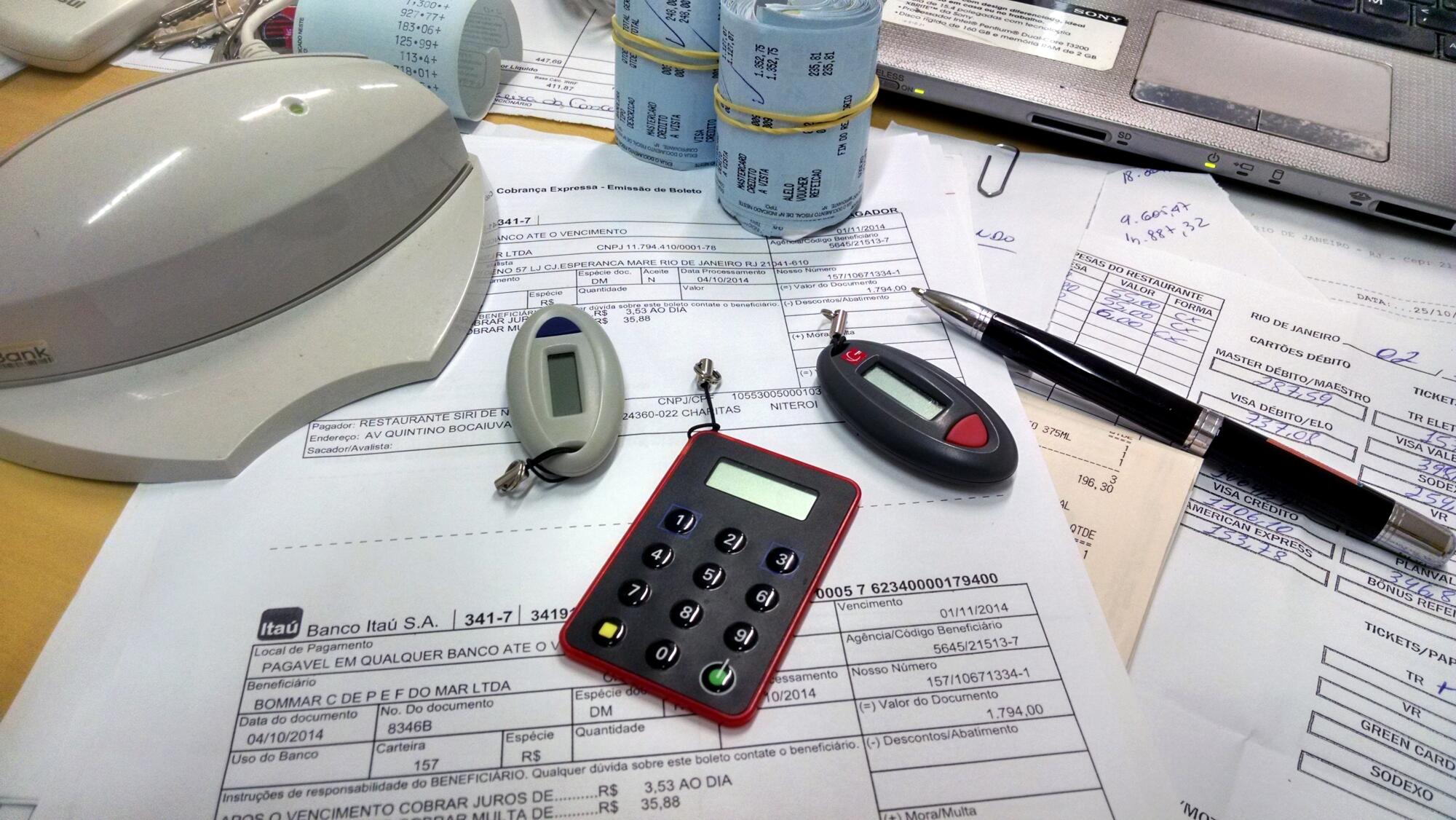How much are you making as a landlord? If you have no estimate of your monthly income, there's a problem in your accounting system.
Accurate accounting can help forecast your earnings and help you understand if your property is performing. A property manager can handle rental property accounting records to help you reach your financial goals.
You can work with a professional to implement these tips and organize your money:
1. Regular Income Tracking
Regular rental income tracking is key to accurate rental property accounting.
For example, with rental income, different sources require tracking. Document rent payments with the name of the tenant, rent amount, and date of the payment received. Other income sources may include:
- Late fees
- Parking costs
- Pet fees
Security deposits may become rental income if you don't give them back at the end of the tenancy.
2. Regular Expense Tracking
Expense management is easier when you split expenses into categories. The two main broader categories are operating expenses and capital expenses.
Capital expenses depreciate over time. A property manager can help you understand how this impacts your investment.
Some operating expenses are tax deductible at the end of the year. Accurate records will help you reduce your liability.
3. Create a Filing System
One of the best property management tips for accounting for landlords is to create a filing system. Digital filing systems are more modern options.
They prevent you from manually having to track expenses. Therefore, they help reduce human error.
Having documents readily available in an accounting system prevents disputes. It also helps to stay organized if you were to get audited by the IRS.
4. Understand Tax Deductions
Financial records upkeep can help you prove that you qualify for tax deductions. Before you can qualify, you need to know what the deductions are.
Common IRS rental property tax deductions include, but are not limited to:
- Property taxes
- Repairs and maintenance
- Property management fees
- Legal and advertising fees
If you are still expected to pay a lot of money in taxes, consider an alternative route. Instead of paying at the end of the year, make estimated tax payments throughout the year to stay on track.
5. Work With Property Managers
Local property managers understand the tax laws in the area. They are trained with full knowledge of running a rental property. They have accounting experience to help you track your income and expenses accurately.
Plus, rental property management fees are deductible at the end of the year.
Rental Property Accounting Tips to Improve Your Business
Improve your business and reach your financial goals with these rental property accounting tips. Proper accounting practices will help you understand how your property is performing.
If you're not a big fan of numbers, PMI Eagles can help! Our property managers have over 20 years of experience managing properties in Tennessee and Kentucky counties.
Our specialized accounting staff makes it easy to keep your financials in order. Through rent collection, monthly owner statements, and more, you can rest assured knowing that your property is taken care of.
Ready to get started? Contact us today for a specialized plan.


